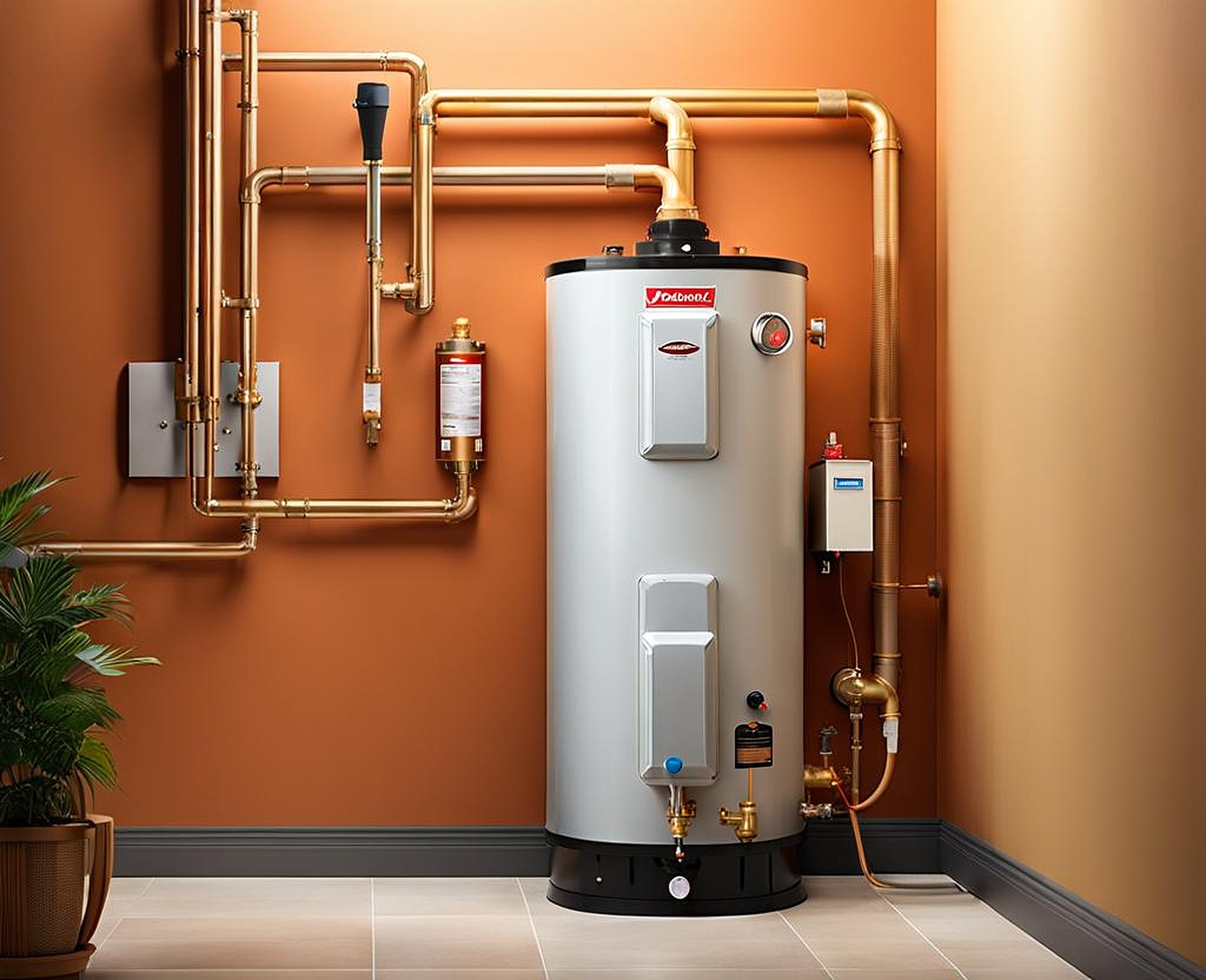Have you ever wondered what a point of use water heater is? It’s an innovative solution for efficiently heating water right where you need it, offering instant hot water and energy savings. Unlike traditional tank water heaters, these compact units are designed to provide hot water on demand, making them an excellent choice for homes, apartments, and even commercial spaces.
What is a Point of Use Water Heater?
A point of use water heater, also known as a tankless or demand water heater, is a compact appliance that heats water instantly as it flows through the unit. Unlike conventional tank water heaters, which store and continuously heat a large volume of water, point of use water heaters only heat the water you need when you need it. This on-demand heating system eliminates standby energy losses and offers several advantages, including:
- Energy efficiency: Point of use water heaters consume less energy since they only heat water when it’s required, reducing your energy bills and carbon footprint.
- Space-saving design: With no need for a large storage tank, these compact units can be installed under sinks, in closets, or other tight spaces, making them ideal for small apartments or homes.
- Instant hot water: You no longer have to wait for the water to heat up or run the faucet to get hot water, as it’s delivered instantly when you turn on the tap.
The Science Behind Point of Use Water Heaters
Point of use water heaters operate on a simple yet ingenious principle. When you turn on the hot water tap, cold water enters the unit and flows over a powerful heating element or a series of coils heated by gas burners. This rapid heating process raises the water temperature almost instantly, providing hot water on demand.

There are several types of point of use water heaters available in the market, each with its own unique features and energy sources:
- Tankless electric water heaters: These units use electricity to power heating elements, making them energy-efficient and easy to install in most homes.
- Gas-fired tankless water heaters: Fueled by natural gas or propane, these heaters are typically more powerful and can provide higher flow rates for larger households or commercial applications.
- Hybrid water heaters: Combining the benefits of tank and tankless systems, these units feature a small insulated tank and a tankless heating system, providing both continuous hot water and energy savings.
The efficiency of a point of use water heater depends on several factors, including the flow rate, the desired temperature rise, and the energy source. High-quality units are designed to optimize these factors, ensuring maximum energy efficiency and hot water output.
Applications and Use Cases
Point of use water heaters are versatile appliances that can cater to a wide range of water heating needs. They are particularly well-suited for the following applications:
- Single faucet or shower: If you only need hot water for a specific fixture, such as a bathroom sink or shower, a point of use water heater can provide an efficient and cost-effective solution.
- Small apartments or homes: With their compact size and energy-saving capabilities, these heaters are ideal for small living spaces where space and energy efficiency are priorities.
- Additions or remodels: When adding a new bathroom or kitchen to your home, a point of use water heater can be a convenient and cost-effective option, eliminating the need for extensive plumbing modifications.
While point of use water heaters are excellent for localized hot water needs, they may not be the best choice for larger households or situations that require simultaneous hot water usage at multiple outlets. In such cases, a whole-house tankless water heater or a traditional tank water heater may be a more suitable option.
With a wide range of point of use water heaters available in the market, selecting the right one for your needs can be a daunting task. Here are some key factors to consider when making your choice:
- Size and capacity: Determine the hot water demand for your specific application and choose a unit with an appropriate flow rate and temperature rise capability.
- Energy source: Decide whether an electric or gas-fired unit is more suitable based on your home’s energy source, availability, and cost considerations.
- Installation requirements: Consider the space available for installation, as well as any venting or electrical requirements specific to the unit you choose.
- Reviews and ratings: Read user reviews and expert ratings to identify top-performing models that offer reliable performance and energy efficiency.
Some of the highly rated point of use water heater models in the market include the EcoSmart ECO 11, the Stiebel Eltron Tempra 24 Plus, and the Rheem RTEX-13 Residential Tankless Water Heater. Always consult with a professional plumber or installer to ensure proper sizing and installation for optimal performance and safety.
By understanding the science behind point of use water heaters and their efficiency, you can make an informed decision and enjoy the benefits of instant hot water, energy savings, and a more sustainable water heating solution for your home or business.